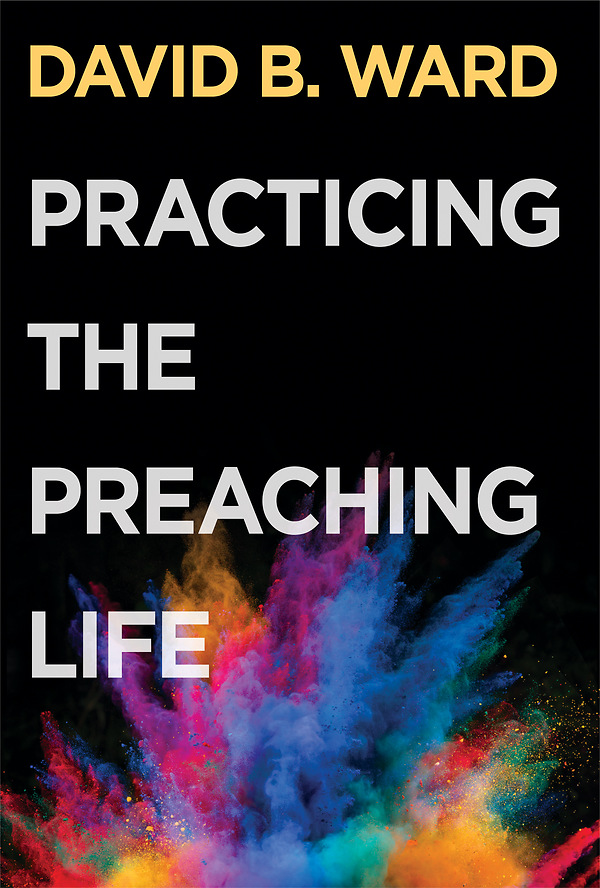 |
| Abingdon Press, 2019. |
Ward, as a student in the New Homiletic, draws heavily on Augustine and Aristotle, who view preaching as a means to embed virtues within the preacher. He begins by establishing a correct theology of preaching: what makes good preaching "good"? What are the offices of the preacher? From there, he moves toward practical applications, including weekly sermon preparation routines and sermon forms. Ward's approach to preaching practice, however, diverges from traditional books that either offer homiletical theory with little application, or vice versa.
All of Ward's suggestions, particularly in multi-week sermon preparation, are rooted in his desire for preachers to find life and joy in what they do. Similarly, the use of various sermon forms can speak to the different directions in which the text is calling the preacher to go. The appendices of this book include assessments and handy summaries of his frameworks (a few are difficult to read with all of their codes). Each chapter ends with questions for reflection and discussion.
Written with clarity, engagement, and humility, Ward maintains his pastoral spirit while deeply engaging in critical thought. While some of his sections are heavily academic and nebulous, he does not leave homiletical theory in the realm of abstraction. Instead, Ward dares to establish a robust practical theology of preaching—one that seeks to reignite pastors to the formative potential of preaching. I recommend this book for preachers of all ages and stages to consider how their spiritual lives can be safeguarded and enriched through virtuous practices.
(A complimentary review copy was given in exchange for an honest review.)
Comments
Post a Comment